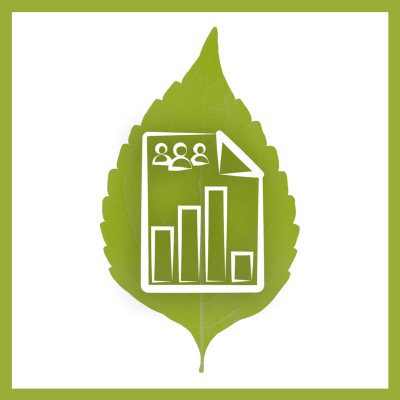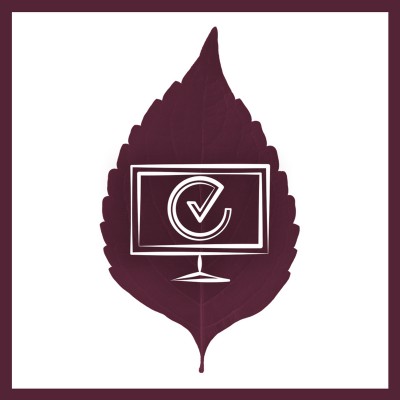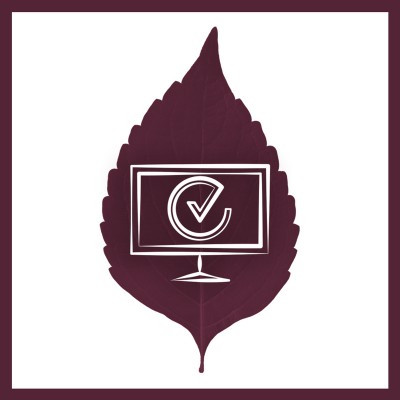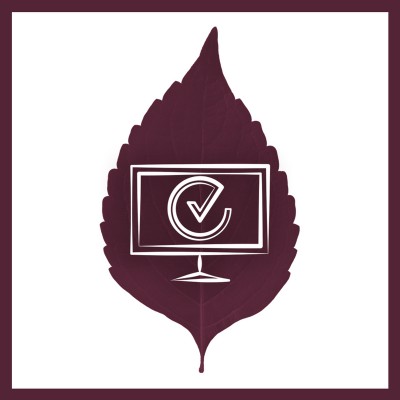 SEARCH
SEARCHProduct successfully added to your shopping cart
There are 0 items in your cart. There is 1 item in your cart.
Authors: Bernice S. Moos & Rudolf H. Moos
The Family Environment Scale (FES) gives counselors and researchers a way of examining each family member’s perceptions of the family in three ways—as it is (real), as it would be in a perfect situation (ideal) and as it will probably be in new situations (expected).
The FES is made up of ten subscales measuring three underlying dimensions of the family environment:
- Family Relationship
- Personal Growth
- System Maintenance and Change
The FES has been widely used in clinical settings, to facilitate family counseling and psychotherapy, to teach clinicians and program evaluators about family systems, and in program evaluation. It can be used for individual and family counseling, or for research and program evaluation.
A choice of three forms to allow you to measure the family environment in three ways: Real (Form R), Ideal (Form I) and Expected (Form E).
Copyright © 1974, 2002 by Rudolf H. Moos
- Buy It
- Sample Items
- Product Specs
- Translations
- Related Products
- Manual$50.00Includes details on reliability, validity, scoring, etc. and a review-only copy of the FES forms. PDFs are not refundable.In Stock
- Individual Report: Real Form$15.00Builds a report that interprets an individual's FES Real Form scores. You invite participants to take the survey and Transform™ generates their reports.In Stock
- Report About Me: Real Form$20.00Interprets and reports on your FES scores. You complete the survey and Transform™ generates your report. Transform will connect this report to the "Send To" email provided at checkout. Note: This product is for a single use, with automated survey administration. For multiple uses, buy instead the Individual Report product in quantity needed.In Stock
- Group Report: Real Form$100.00Builds a report that calculates and summarizes average FES Real Form scores for a group of participants.In Stock
- Transform Survey Hosting: Real Form (Data)$2.75Minimum purchase of 20. Allows you to administer the FES Real Form as an online survey using Mind Garden's Transform™ System. Includes data collection: data file with participants' raw data and raw scale scores. Optionally, Individual Reports and Group Reports can be generated from the collected data - requires the purchase of report licenses. Customization services are available.In Stock
- Transform Survey Hosting: Ideal Form (Data)$2.75Minimum purchase of 20. Allows you to administer the FES Ideal Form as an online survey using Mind Garden's Transform™ System. Includes data collection: data file with participants' raw data and raw scale scores. Customization services are available.In Stock
- Transform Survey Hosting: Expectations Form (Data)$2.75Minimum purchase of 20. Allows you to administer the FES Expectations Form as an online survey using Mind Garden's Transform™ System. Includes data collection: data file with participants' raw data and raw scale scores. Customization services are available.In Stock
- License to Administer$2.75Minimum purchase of 50. Allows you to administer the FES as an online survey via a non-Mind Garden survey system or as a paper and pencil survey. The downloadable PDF file includes one copy of the FES (all forms), scoring key, and permission to administer the FES up to the quantity purchased. The PDF is non-refundable.In Stock
- Social Climate Scales: A User's Guide: Social Climate Scales User's Guide$10.00Read more about Social Climate Scales: A User's Guide
This Guide to the Social Climate Scales introduces the ten Scales and gives an overview of their use.In Stock
Features of the FES
Purpose: Evaluates the social environment of the family unit
Length: 90 items
Average completion time: 15-20 minutes
Target population: Ages 11 and older, reading level 6th grade and up
Administration: For individual or group administration
Uses of the FES
- Provides many family counseling applications
- Examining the contrast between parent and child perceptions
- Formulating clinical case descriptions
- Identifying important issues in family treatment
- Teaching clinicians about the dynamics of family systems
- Assessing family strengths and problems
Scales
The ninety items of the FES are grouped into ten subscales with three dimensions. Note that entire subscales may be removed to shorten the instrument without affecting validity or reliability.
Family Relationship Index:
Three subscales tap the degree of commitment and support family members provide for one another, the extent to family members are encouraged to express their feelings directly, and the amount of openly expressed anger and conflict among family members.
Cohesion
Expressiveness
Conflict
Personal Growth:
Independence: assesses the extent to which family members are assertive, self-sufficient and make their own decisions
Achievement Orientation: reflects how much activities (such as school and work) are cast into an achievement-oriented or competitive framework,/p>
Intellectual-Cultural Orientation: measures the level of intereset in political, intellectual, and cultural activities
Active-Recreational Orientation: measures the amount of participation in social and recreational activities
Moral-Religious Emphasis: assesses the emphasis on ethical and religious issues and values
System Maintenance:
Two dimensions measure the degree of importance of clear organization and structure in planning family activities and responsibilities, as well as how much set rules and procedures are used to run family life.
Organization
Control
More about the FES.
The Family Environment Scale (FES) has been widely used in clinical settings, to facilitate family counseling and psychotherapy, to teach clinicians and program evaluators about family systems, and in program evaluation. It can be used to diagnose problems, monitor program changes over time, promote change and program improvement, appraise and improve parenting, strengthen the family unit and the individuals within it, describe, contrast and evaluate the impact of various types of treatment programs, and identify risks.
If you are unable to find the translation you need, you can request permission to make a translation.
Available with FES License to Administer:
These translations are available free of charge with your purchase of the license. Translations are provided in a separate pdf-format file. Select the language from the Translation drop-down list. Need multiple translations? Contact us.
- Arabic - Form R only
- Chinese-Cantonese - Form R only
- Chinese-Mandarin - Form R only
- Creole--Haiti
- Danish - Form R only
- Dutch - Form R only
- Farsi - Form R only
- Finnish - Form R only
- French - Form R only
- Greek - Form R only
- Hebrew - Form R only
- Hindi
- Italian - Form R only
- Japanese - Form R only
- Korean - Form R only
- Malay - Form R only
- Norwegian - Form R only
- Polish - Form R only
- Portuguese - Form R only
- Slovenian - Form R only
- Spanish - Form R only
- Swedish - Form R only
- Tagalog - Form R only
- Thai- Form R - Relationship Dim. only
Note: We cannot assure translation quality — many are made by individual researchers and we are not necessarily familiar with the particular language or dialect. Some of the translations are partial and typically do not have validation data. Basically, we offer whatever is available to facilitate your work.
No translations are available with FES Transform™ Survey Hosting.
Measures client and staff perceptions of the program environment. As one of the Social Climate Scales, the CPES has been widely used in clinical settings and program evaluation.
Measures the social climate of juvenile and adult correctional programs.
Assesses the social climate of groups and teams. It has been used in clinical and organizational settings to facilitate group counseling and team building, and to compare members’ and leaders’ views of their group or team.
Designed to explore the relationship between spouses or other closely related persons. It is an excellent resource for marriage, school and relationship counseling.
Provides an insightful look into the military environment and a means of pinpointing areas in need of change.
This Guide to the Social Climate Scales introduces the ten Scales and gives an overview of their use.
Assesses the social climate of university student living groups.
Measures the actual, preferred, and expected treatment environments of hospital-based psychiatric programs.
Helps evaluate productivity, assess employee satisfaction, and clarify employee expectations to ensure a healthy work environment.

 LOGIN
LOGIN  BLOG
BLOG
 CART
CART







